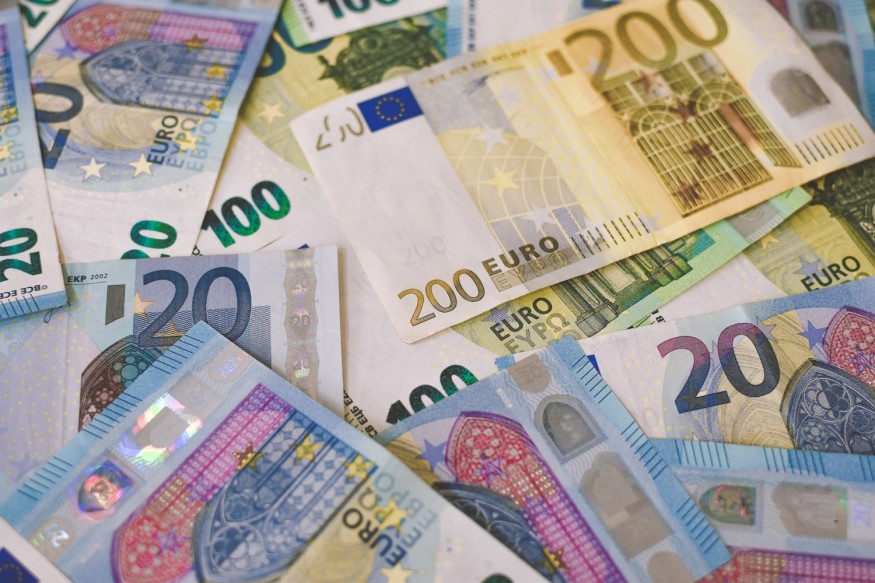Planning to travel to Europe anytime soon? You are probably thinking of how much euro you need. But the question is... do you even need to think about euros?
It is a common misconception that when traveling to anywhere in Europe, travelers only need to have euros in their wallets in order to pay for things. That is not exactly the case when it comes to certain countries.
It may actually come as a surprise that among the 27 countries that make up the European Union (EU), seven countries do not use the euro. Yes, you read that right.
This is important information to keep in mind, especially if you plan on traveling to these seven countries. This is to avoid making the assumption that all you need are euros, which may lead to problems for you during the trip.
But what exactly are these seven EU countries?
EU Countries That Do Not Use the Euro

Here are the seven EU countries that do not use the euro. We've likewise included the currency that each country actually uses.
- Buglaria - Lev
- Czech Republic - Koruna
- Denmark - Krone
- Hungary - Forint
- Poland - Zloty
- Romania - Leu
- Sweden - Krona
Up until the start of the year, Croatia used to be part of this list. However, as of January 1, 2023, Croatia began to use the euro as well. This is due to their inclusion in the eurozone (EZ). Countries in the EZ all use the unified monetary system, according to Investopedia.
Related Article : 4 Ways to Start Saving Money for Future Travels
Why Do These Countries Not Use the Euro?
Investopedia notes that while all EU countries should be in the EZ, countries do have a right not postpone meeting the criteria that will allow for their inclusion. It likewise points out that these countries choose to keep their own currency so that they remain financially and economically independent when it comes to certain things.
These includes dealing with national debt as well as setting monetary policy. These countries also find having their own currency is useful when it comes to dealing with issues specific to each country.
"The common currency imposes a system of central monetary policy applied uniformly," says Investopedia. "The problem, however, is what's good for the economy of one eurozone nation may be terrible for another."
The One Exemption
Most of the seven countries earlier mentioned can eventually opt to be part of the EZ. This can be done by meeting the set criteria provided by the EU. However, one of them is legally exempt from ever doing so.
After joining the EU in 1973, Denmark negotiated an opt-out for the euro. The negotiation was successful and, as stated in the EU Treaty, Denmark has the right to be excluded from the EZ. This is true even if the country ends up meeting the criteria set for their inclusion.
This article is copyrighted by Travelers Today, the travel news leader



